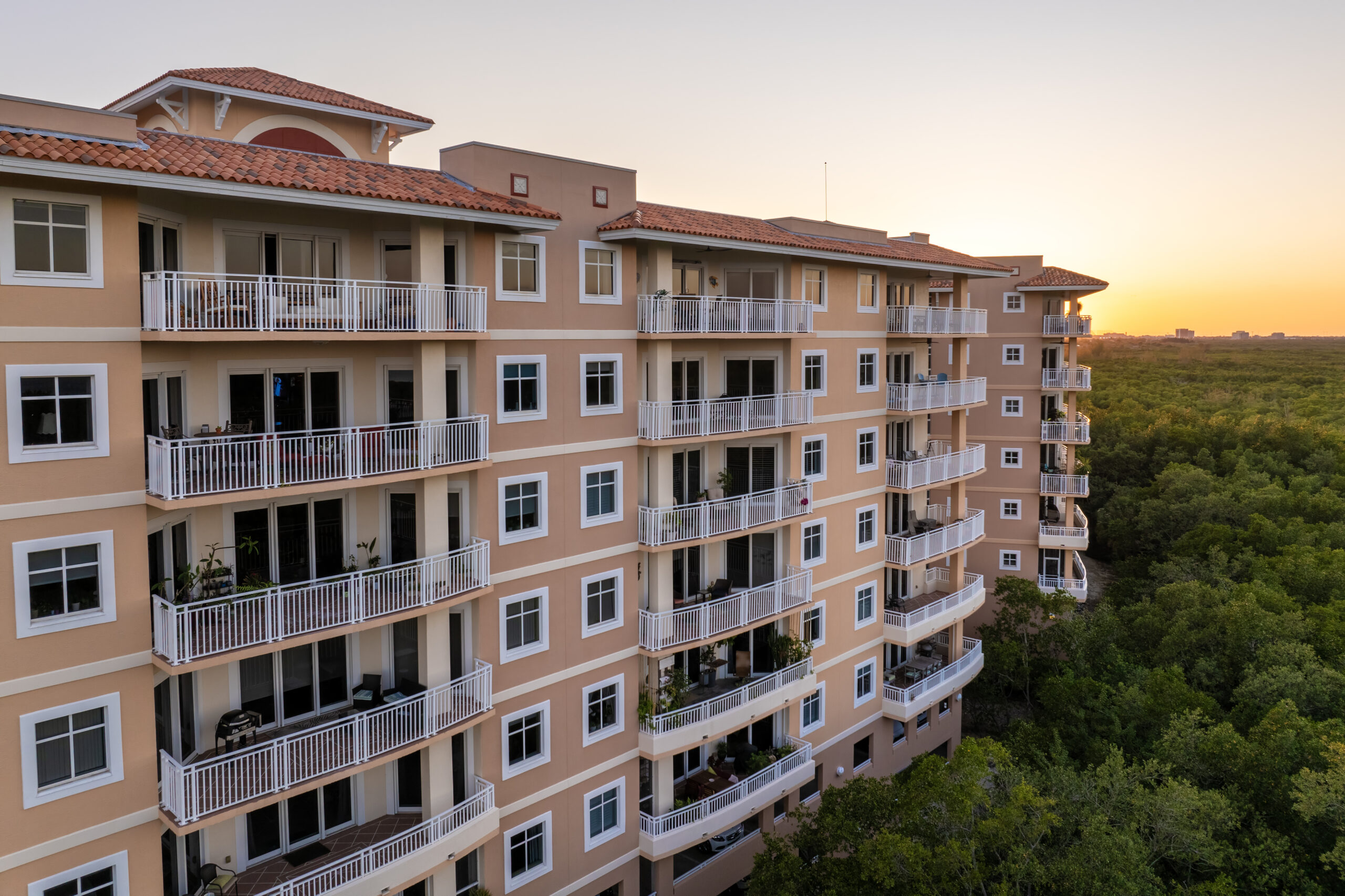
Responsibilities of Condominium Board Members in Florida
May 7, 2025

May 7, 2025
In Florida, condominium board members play a vital role in maintaining the safety, integrity, and value of their communities. Governed primarily by the Florida Condominium Act (Chapter 718, Florida Statutes), board members must manage not only day-to-day operations but also long-term structural and financial responsibilities.
Understanding these duties is essential for ensuring legal compliance, resident trust, and the physical well-being of the property.
Under Florida Statute §718.113(1), the association is responsible for the maintenance, repair, and replacement of common elements as outlined in the declaration of condominium. These often include:
Roofs and exterior walls
Shared plumbing and electrical systems
Elevators, stairwells, and other shared spaces
It’s the board’s duty to ensure that these areas are regularly inspected and maintained to prevent deterioration or safety hazards.
Per §718.111(11)(j), if a covered insurable event (like a hurricane) damages common property, the association is responsible for the repair or replacement costs—funded as a common expense. However, if damage is caused by a unit owner’s negligence, intentional actions, or violation of association rules, that unit owner bears the cost.
Board members have a fiduciary duty to act in the best interests of the association and all unit owners. This means:
Making informed, responsible decisions
Avoiding conflicts of interest
Maintaining the property to protect residents and investments
Ignoring this duty can result in personal legal liability and erosion of trust in the board’s leadership.
In response to the Champlain Towers South tragedy, Florida now mandates:
Milestone structural inspections for buildings 30+ years old (or 25 years if near the coast)
Structural Integrity Reserve Studies (SIRS) to ensure adequate reserve funding for critical components like roofs, balconies, and foundation systems
Associations must budget accordingly and avoid waiving reserves for key structural items, as required by recent legislation.
The declaration of condominium serves as the rulebook for assigning responsibility between the association and individual unit owners. In general:
Association is responsible for common areas and structural elements
Unit owners are responsible for the interiors of their units—unless damage stems from the association’s failure to maintain common elements
When in doubt, the board should consult legal counsel and carefully review the governing documents to avoid disputes or legal exposure.
Neglecting these responsibilities can have serious consequences:
Legal action against the association or individual board members
Increased risk of injuries or building failure
Declining property values
Higher insurance premiums or policy cancellations
Proper governance, maintenance planning, and legal compliance are not optional—they are fundamental to protecting the community and avoiding long-term financial and legal harm.
At GPL Management, we partner with condominium boards to:
Ensure compliance with Florida Statutes and evolving regulations
Maintain detailed maintenance logs and repair plans
Coordinate inspections and vendor services
Provide guidance on budgeting, reserves, and legal responsibilities
We don’t just manage your community—we help you govern responsibly and confidently.
Want to Learn More?
If you’re a board member or community leader seeking clarity or support, contact GPL Management today. We’re here to help you build a safer, stronger, and more compliant community.